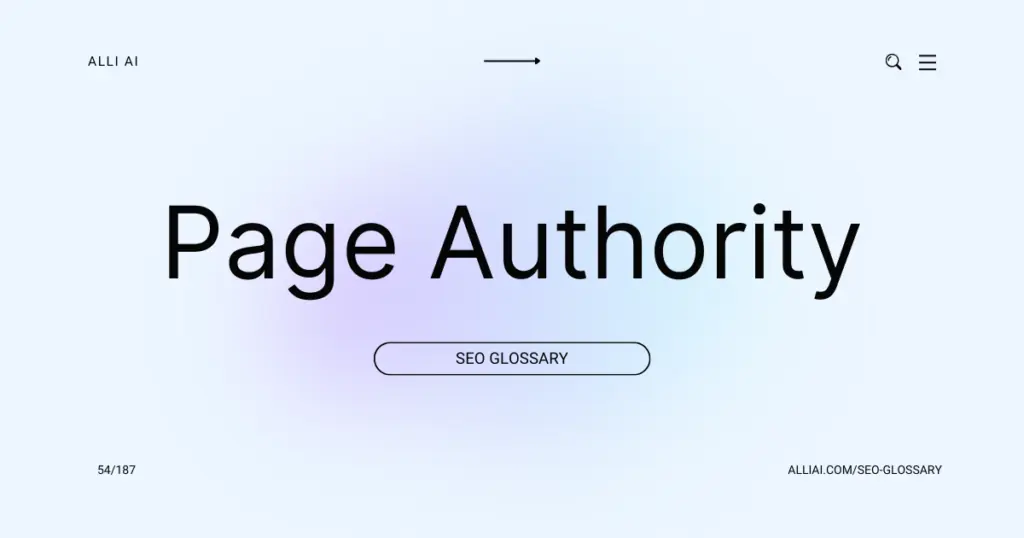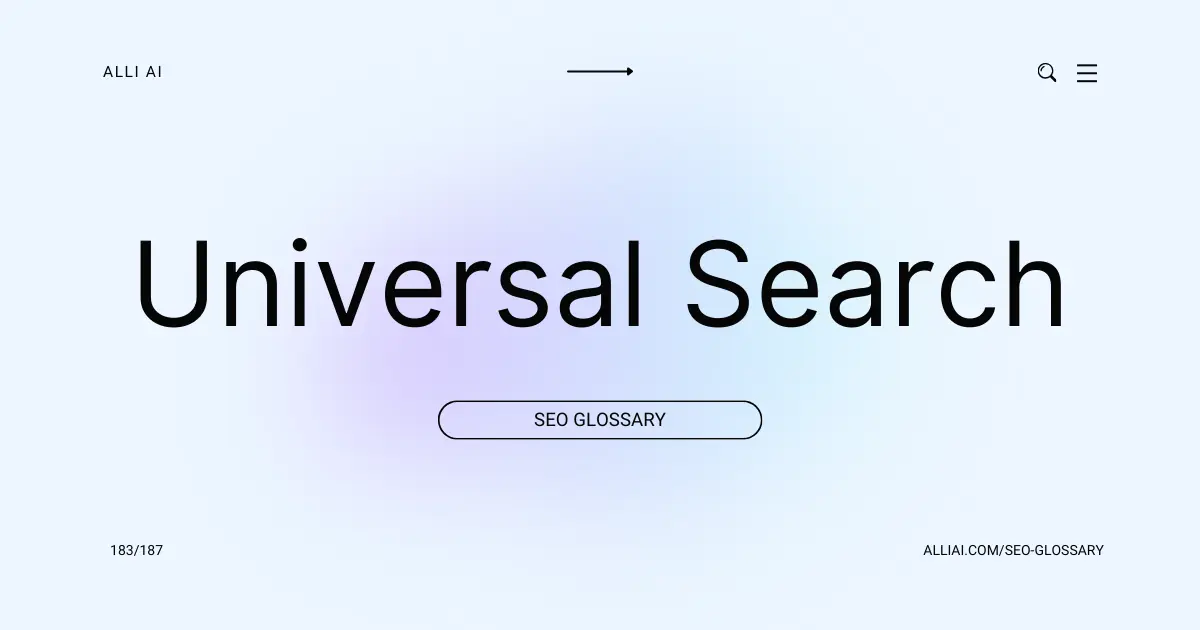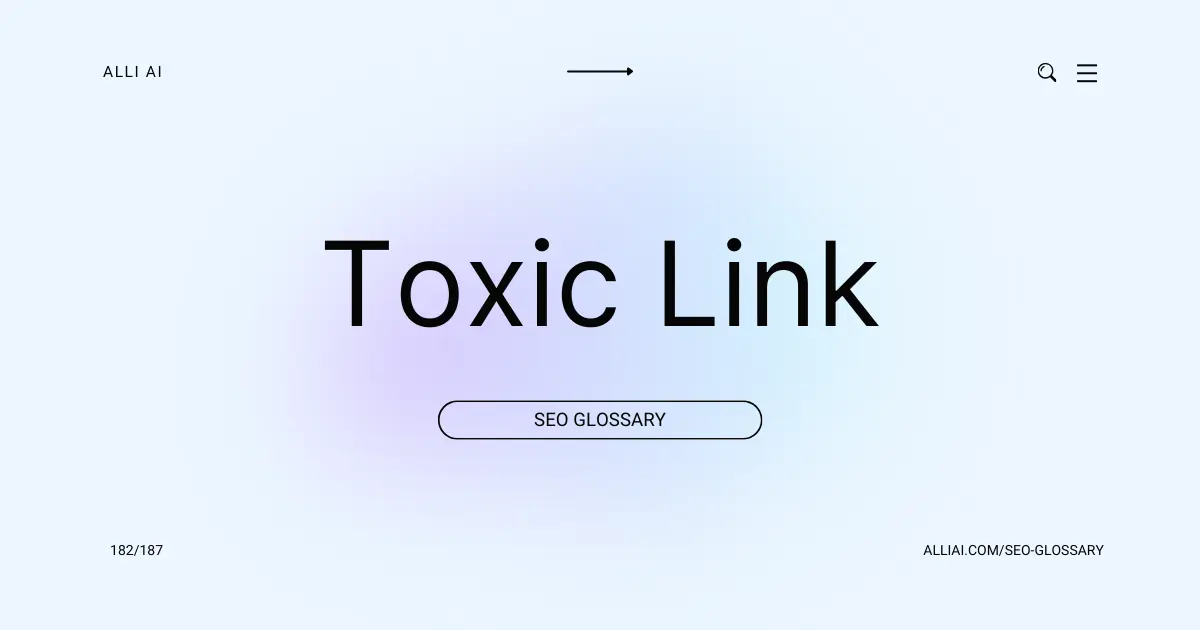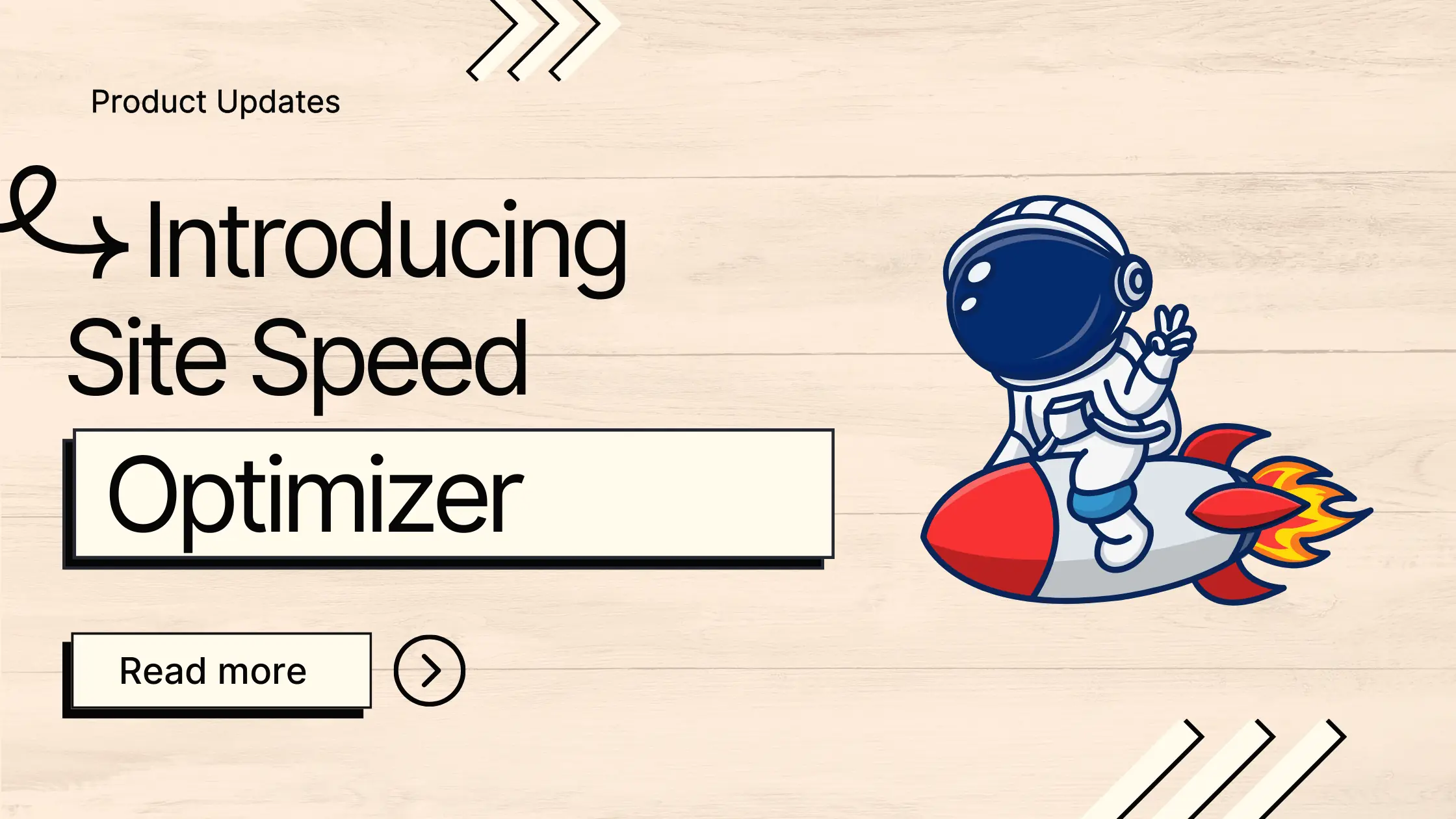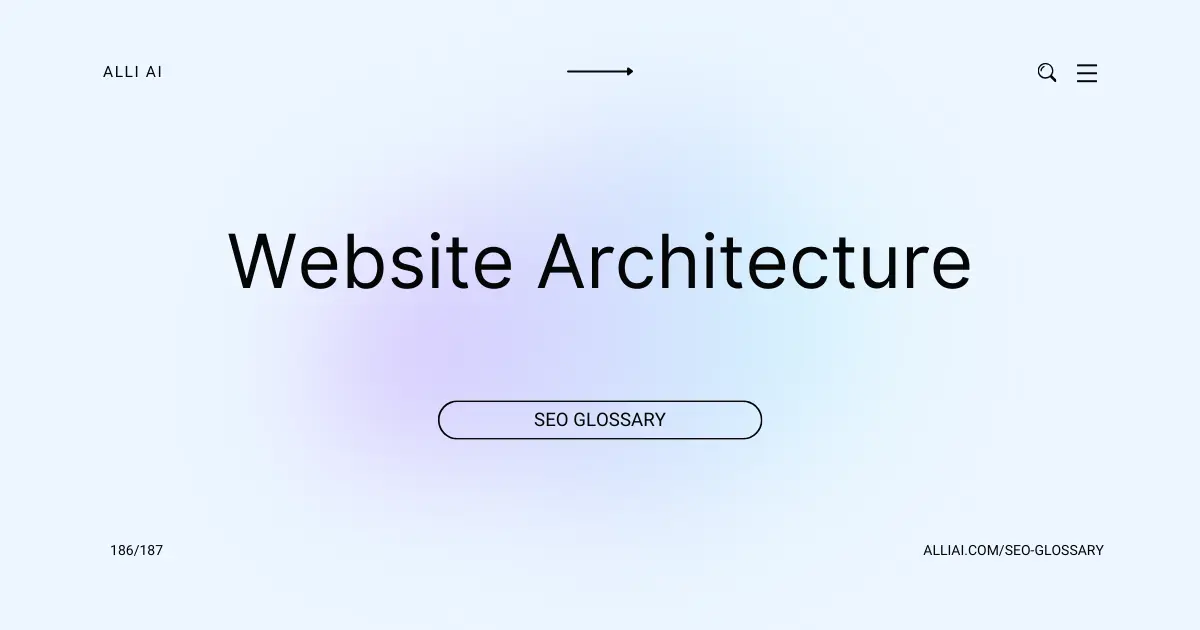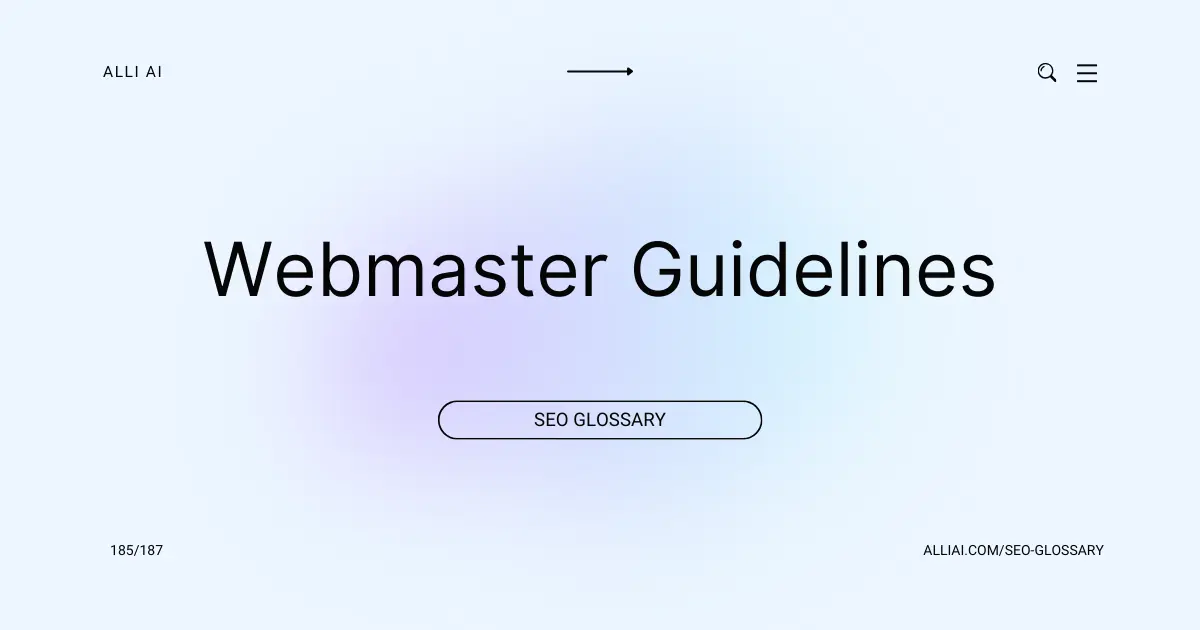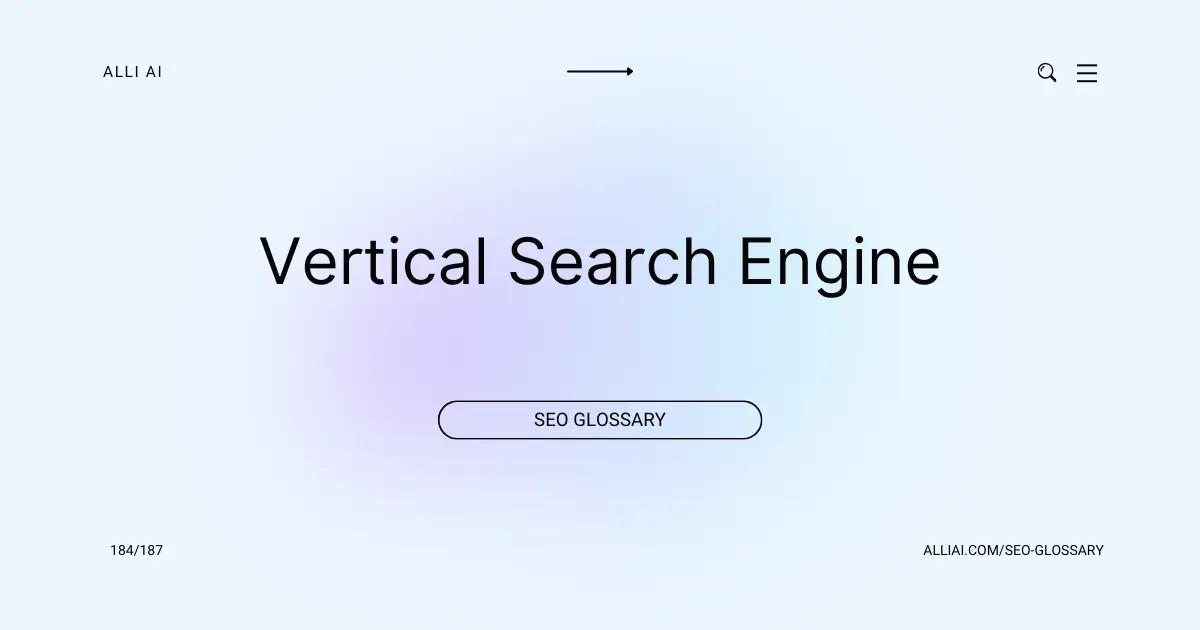What Does Page Authority (PA) Mean?
Page Authority (PA) is a score developed by Moz that predicts how well a specific page on a website will rank on search engine result pages (SERP). The score ranges from 1 to 100, with higher scores indicating a greater ability to rank. PA is calculated using data from Moz’s web index and incorporates factors like link counts and other link metrics. It helps in comparing the strength of individual pages directly.
Where Does Page Authority (PA) Fit Into The Broader SEO Landscape?
Page Authority (PA) is a metric developed by Moz that predicts how well a specific page will rank on search engine result pages (SERP). PA fits into the broader SEO landscape as one of the indicators used by SEO professionals to estimate the potential performance of a webpage. SEO experts use PA along with other metrics like Domain Authority (DA), keyword relevance, content quality, and backlink profiles to form comprehensive SEO strategies aimed at improving a page’s visibility and ranking in search results. PA is particularly useful for comparing the strength of one page over another and identifying pages that might need more targeted SEO efforts.
Real Life Analogies or Metaphors to Explain Page Authority (PA)
1. Page Authority is like a popularity contest in high school. Just as students are considered popular based on how many friends and connections they have, a web page is deemed authoritative based on how many other pages link to it and the quality of those links.
2. Page Authority can be compared to a recommendation letter. Just as a glowing endorsement from a respected individual can open doors and create opportunities, a web page with high Page Authority, indicated by quality backlinks, is more likely to rank higher in search engine results.
3. Page Authority is analogous to being a magnet. A stronger magnet attracts more metal scraps, just like a webpage with higher Page Authority attracts more visitors and visibility because it’s recognized as valuable and relevant by search engines.
4. Page Authority is like a credit score for a web page. Just as a credit score determines your credibility to lenders, Page Authority helps search engines decide how trustworthy and relevant your page is compared to others, influencing your page’s visibility online.
5. Page Authority is similar to a weight scale in a science experiment. In an experiment, each weight has a specific role in balancing scales, just like each link to a web page determines its authority and importance, affecting its balance or ranking on search engine results pages.
How the Page Authority (PA) Functions or is Implemented?
Page Authority (PA) is a score developed by Moz that predicts how well a specific page will rank on search engine result pages (SERP). The score ranges from 1 to 100, with higher scores corresponding to a greater ability to rank. PA is calculated using a machine learning model which integrates data from Moz’s link index and includes link counts and dozens of other factors. The model is trained to identify the characteristics of pages that have proven to be more likely to rank well in search engines.
1. Data Gathering: Moz crawls the internet to gather data about millions of web pages. This includes information about links pointing to the pages, such as the number of links, the quality of the websites linking, and the relevance of the links.
2. Link Analysis: Links are a key factor in PA. Moz evaluates both the quantity and quality of links pointing to the page. High-quality links from authoritative sites contribute more positively to the PA score than low-quality links from lesser-known or potentially spammy sites.
3. Model Application: The data collected is then fed into a complex machine learning algorithm. This algorithm assesses the page’s potential strength in the search engine results pages (SERPs) by comparing it to characteristics of other pages that rank highly in SERPs.
4. Score Calculation: Based on the analysis, each webpage is assigned a PA score. This score represents the likelihood of a page performing well in SERPs, not just for its existing content, but also considering its potential to rank higher through optimization.
5. Continuous Updates: PA is dynamic and changes over time as new inbound links are formed, old links are removed, and as Moz updates their indexing and algorithm methodologies. This continuous updating allows PA to reflect the current state of a page’s potential ranking power.
6. Usability: Digital marketers and SEO professionals use PA to compare the strength of different pages and to track the ranking potential of a page over time. This helps in optimizing pages for better engagement and higher rankings.
To sum up, PA functions as a predictive power metric, heavily reliant on link data among other factors, and is calculated using advanced machine learning techniques to forecast a page’s ability to rank in search engine results.
Impact Page Authority (PA) has on SEO
Page Authority (PA) is a metric developed by Moz that predicts how well a specific page will rank on search engine result pages (SERP). A higher PA score, which ranges from 1 to 100, indicates a greater ability of a page to rank in search results.
Impact on SEO Performance and Rankings:
1. Higher PA typically correlates with higher search rankings. Pages with a high Page Authority are more likely to rank better in search results, as PA measures the strength of individual pages in terms of links.
2. Pages with high PA can effectively pass more link equity through their outbound links, potentially improving the PA of linked pages and boosting overall site authority.
Impact on User Experience:
1. Indirectly, a high PA can lead to a better user experience as pages that rank higher often have high-quality content that satisfies user intent.
2. Pages with higher authority are often more trusted by users, which can increase user engagement rates such as time on site, page views, and lower bounce rates.
SEO Best Practices For Page Authority (PA)
1. Ensure High-Quality Content: Craft content that is relevant, well-written, and informative.
2. Optimize On-Page Elements: Focus on optimizing title tags, meta descriptions, headers, and images with relevant keywords.
3. Internal Linking: Build a strong internal linking structure using anchor text with relevant keywords to link pages within your site.
4. External Backlinks: Gain high-quality backlinks from reputable and relevant websites.
5. Use of Social Media: Promote your page on social media platforms to enhance visibility and drive traffic.
6. User Engagement: Encourage user interaction through comments, forums, and social media shares.
7. Page Loading Speed: Optimize your page to load quickly by compressing images, using caching, and minimizing code.
8. Mobile Optimization: Ensure the page is mobile-friendly and responsive.
9. Regular Updates: Keep the content fresh and up-to-date to maintain relevance and interest.
10. Monitor PA Score: Use tools like MozBar to monitor the PA score changes and adapt strategies accordingly.
Common Mistakes To Avoid
1. Overemphasis on Page Authority Alone: Focusing too much on PA without considering other crucial SEO metrics like PageRank, domain authority, and relevant content can lead to misbalanced SEO efforts. Diversify your focus to include comprehensive SEO strategies.
2. Neglecting Content Quality: Prioritizing PA improvement without ensuring high-quality, valuable content for the user can reduce engagement and increase bounce rates. Always pair PA enhancement efforts with quality content creation.
3. Inappropriate Link Building: Efforts to increase PA through manipulative link-building tactics (like buying links, excessive link exchanges, or using irrelevant directories) can lead to penalties from search engines. Focus on earning high-quality, relevant backlinks naturally.
4. Ignoring On-Page SEO: Not optimizing individual page elements (like title tags, meta descriptions, headers, and images) while trying to increase PA can limit the page’s overall SEO potential. Ensure all on-page elements are fully optimized.
5. Lack of Regular Updates: Not updating content regularly can lead to a stale PA. Search engines favor fresh, updated content, which can affect how a page’s authority is perceived over time.
6. Focusing Solely on PA for High Competition Keywords: Targeting only high-competition keywords can make significant PA improvements difficult and long-term. Include long-tail and niche-specific keywords in your strategy.
7. Inadequate User Experience (UX): Ignoring user experience aspects like page load speed, mobile-friendliness, and intuitive navigation while focusing on PA can negatively impact user retention and engagement.
8. Isolated Page Development: Focusing PA efforts on isolated pages without considering the site structure and internal linking can limit both the spread of page authority within the site and the overall user experience.
9. Ignoring Social Signals: While not a direct ranking factor, social signals can indicate content validity and relevance, impacting PA indirectly. Encourage engagement and sharing on social platforms.
10. Overreliance on Tools: Solely relying on PA measuring tools without understanding the nuances behind the scores can lead to misguided SEO strategies. Use these tools as guides, not absolutes.
